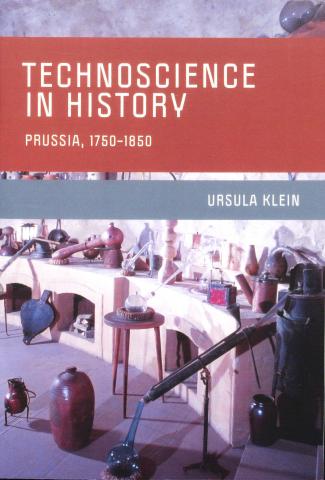Beginning in the 1760s, reformers in the Prussian State administration in Berlin organized the establishment of technical departments, such as a department of mining and smelting works, a department of civil architecture, and a department of forestry. These new technical departments recruited savants (Naturforscher) for leading positions. As officials and external experts responsible for the Prussian mining and smelting works, salt works, the manufacture of porcelain, forestry, and the construction of canals and streets, these savants undertook a broad variety of work, from consulting and regular inspections of manufacture to quality control of materials through to explorative technological experiments. At the same time they reported their observations and experiments to the members of the Royal Prussian Academy of Sciences, and were scientific teachers and authors of scientific texts.
The project scrutinizes the activities of these "hybrid experts" along with their education and training. It contributes to our understanding of the institutionalization of the “technological sciences” in Prussia, the relation between the natural and technological sciences, as well as Prussia’s industrialization.



